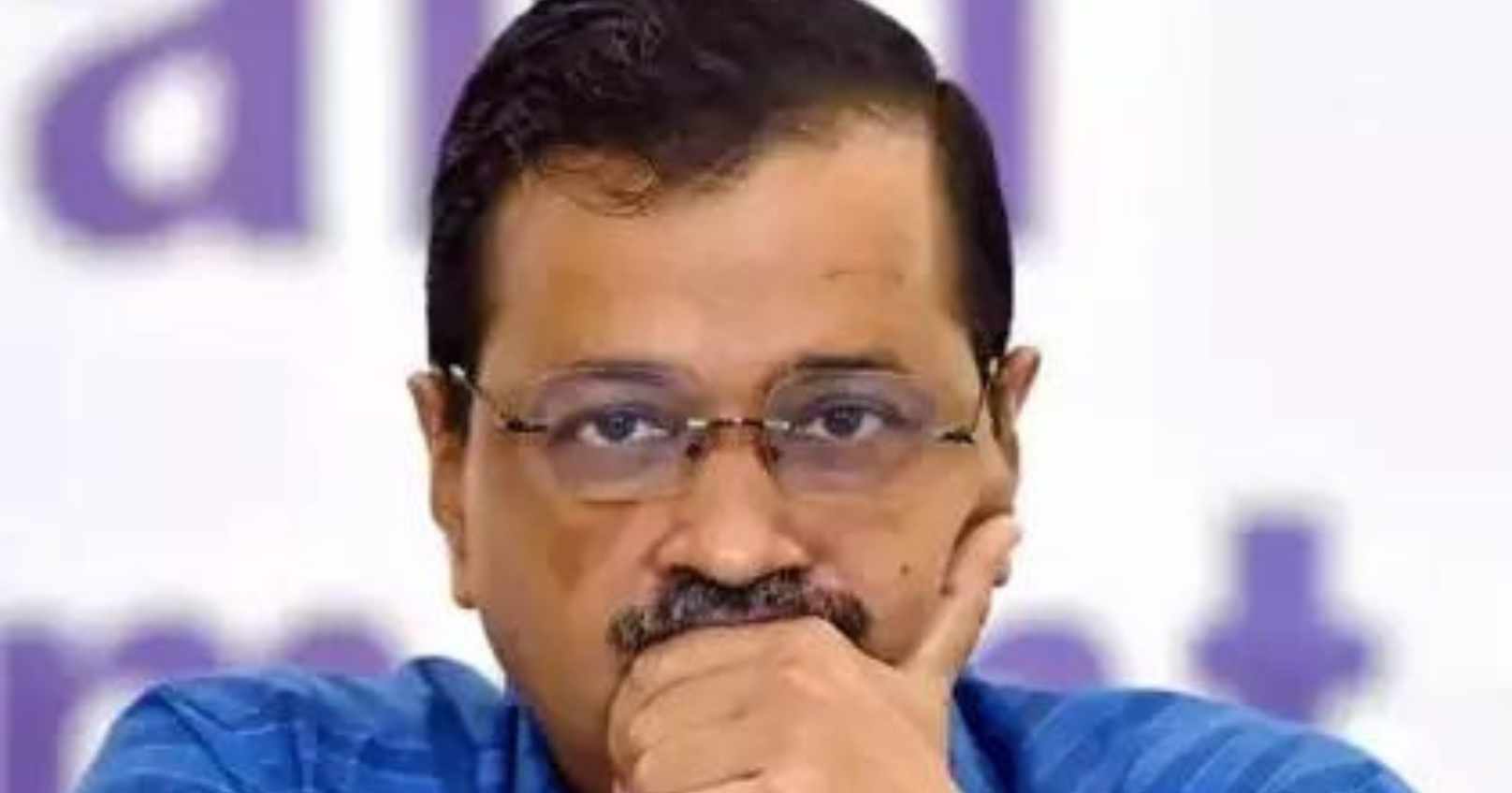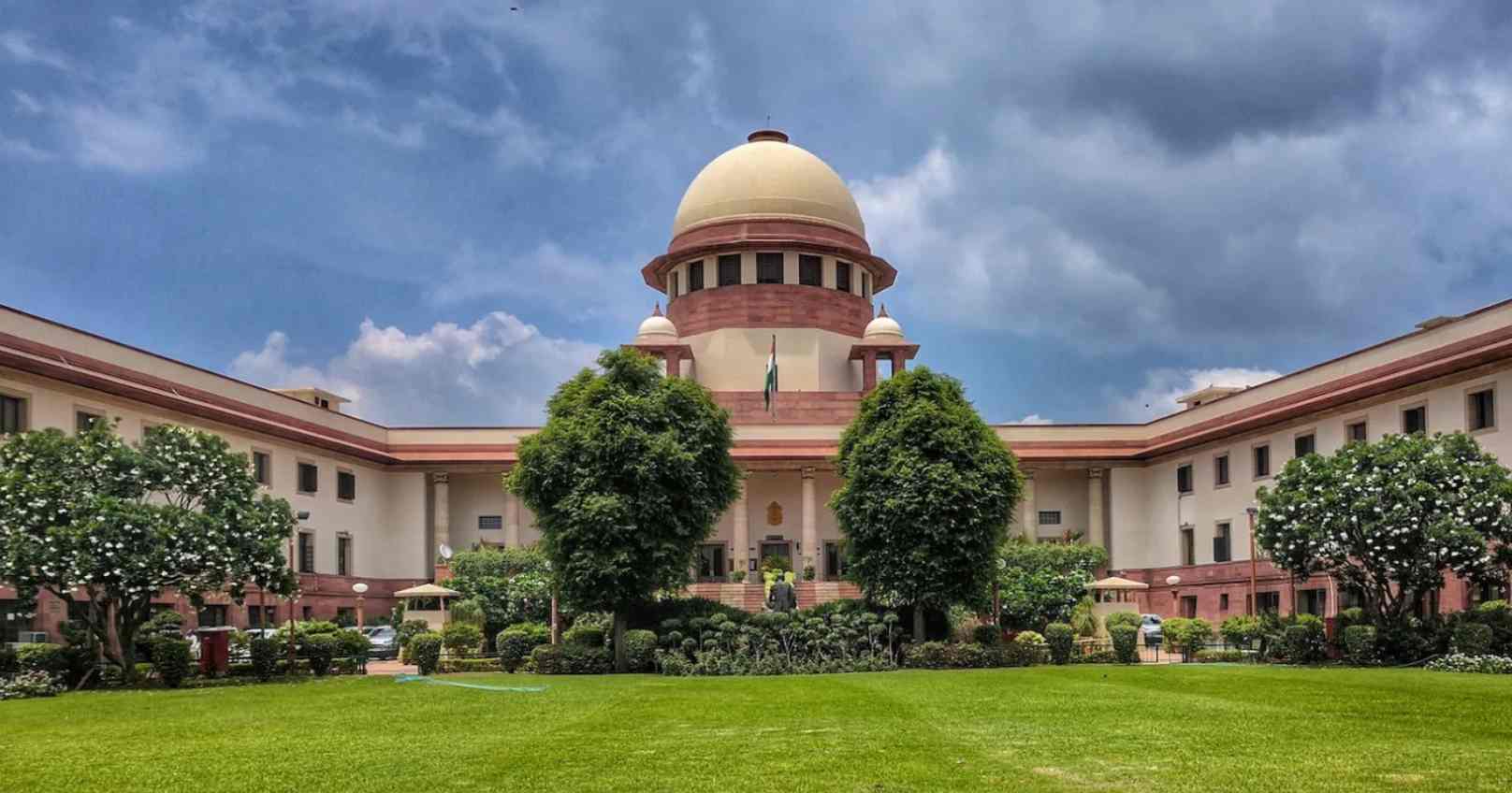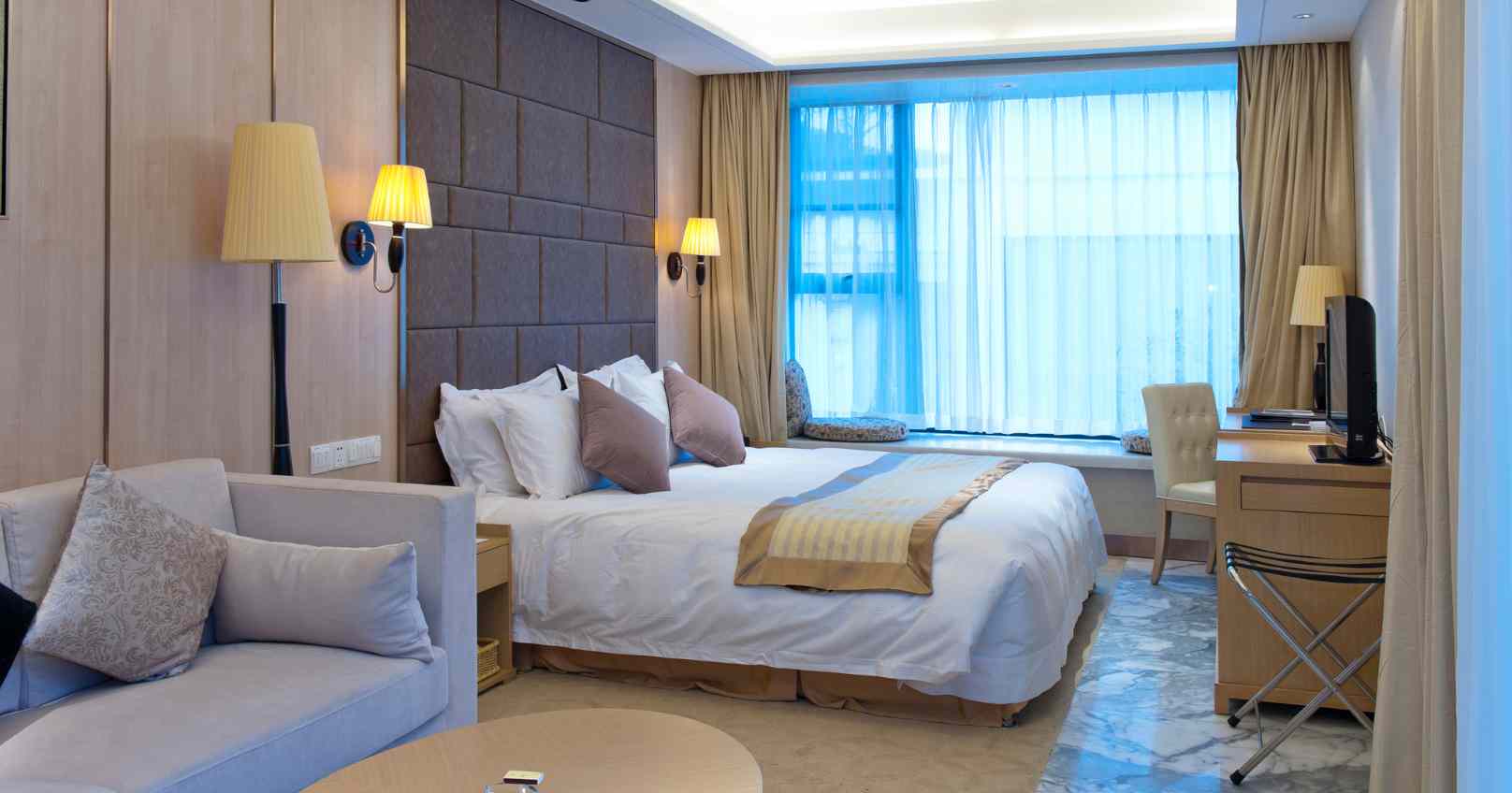The Enforcement Directorate (ED) opposed Delhi Chief Minister Arvind Kejriwal's bail plea on Thursday in a money laundering case tied to the now-defunct liquor policy. The ED argued that Kejriwal's health did not prevent him from participating in rigorous campaigning for the Lok Sabha elections.
Kejriwal, arrested by the ED on March 21, sought both interim and regular bail in the case. However, a Delhi court postponed the decision on his bail plea to June 1.
During the hearing at Rouse Avenue Court, Additional Solicitor General SV Raju highlighted Kejriwal's active campaigning in Punjab, asserting that his behavior did not merit bail. Raju stated, "His health did not hinder him from campaigning. Strenuous campaigning has been done, and his conduct does not entitle him to any bail."
The court then requested the ED to file a response regarding Kejriwal's bail plea. Special Judge Kaveri Baweja instructed the central agency to submit its response by Saturday. Additionally, the judge sought the ED's response on Kejriwal's interim bail plea for a week on medical grounds, should his regular bail plea be denied.
Kejriwal's counsel suggested that the matter be scheduled for June 1. When the court proposed a 2 pm hearing, Kejriwal's lawyer mentioned a family engagement, but the court confirmed the timing, stating, "We can have it at 2 pm on June 1."
Previously, the Supreme Court declined to hear Kejriwal's request for a seven-day extension of his interim bail. The court registry rejected the application, noting that Kejriwal had the option to seek regular bail from the trial court.
Kejriwal's interim bail, granted by the Supreme Court, is set to expire on June 1. He was released from Tihar Jail on May 10 and instructed to surrender by June 2, just before the Lok Sabha election vote counting.
The AAP chief was arrested on March 21 by the ED following questioning at his Delhi residence in Civil Lines.







